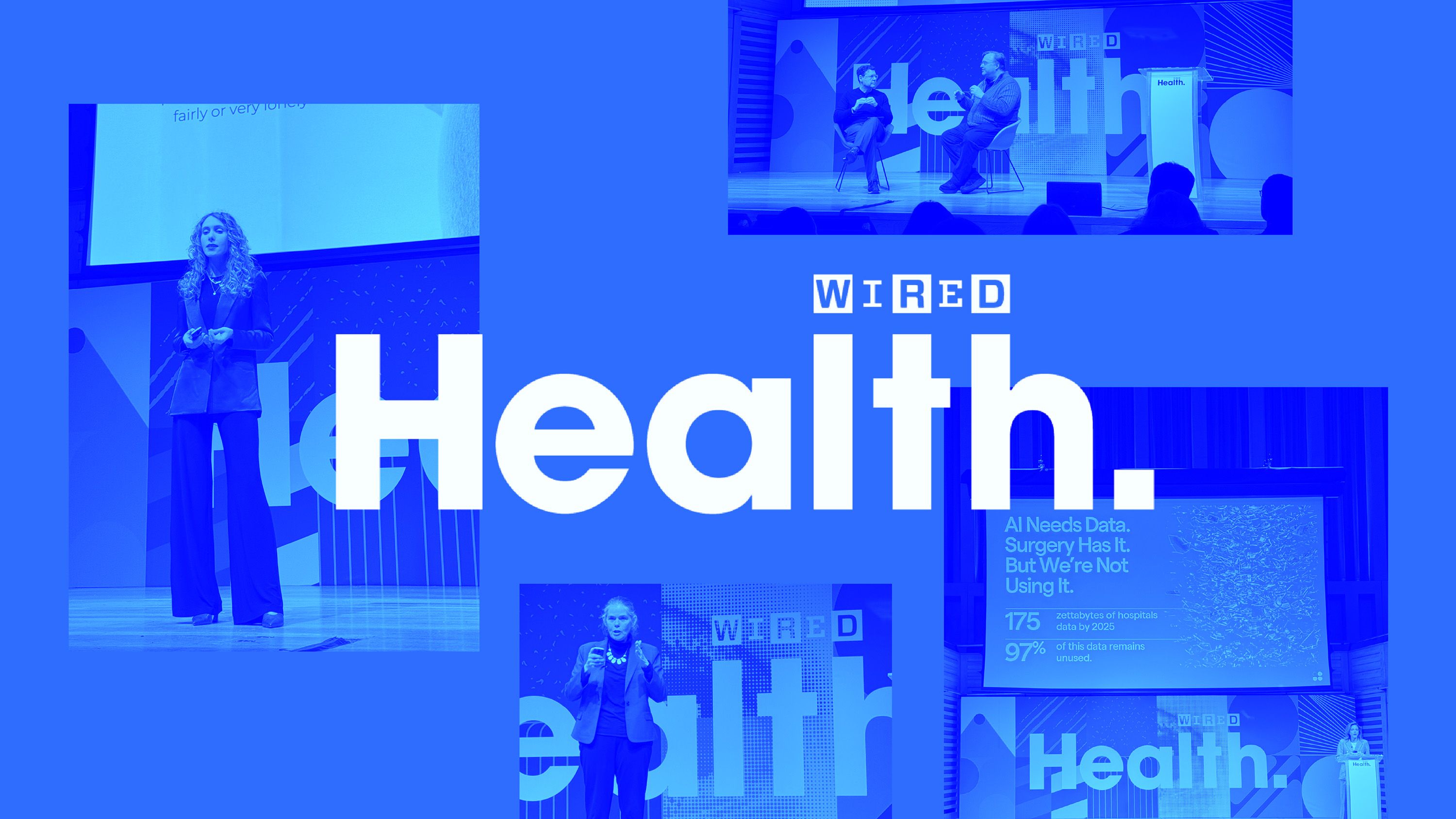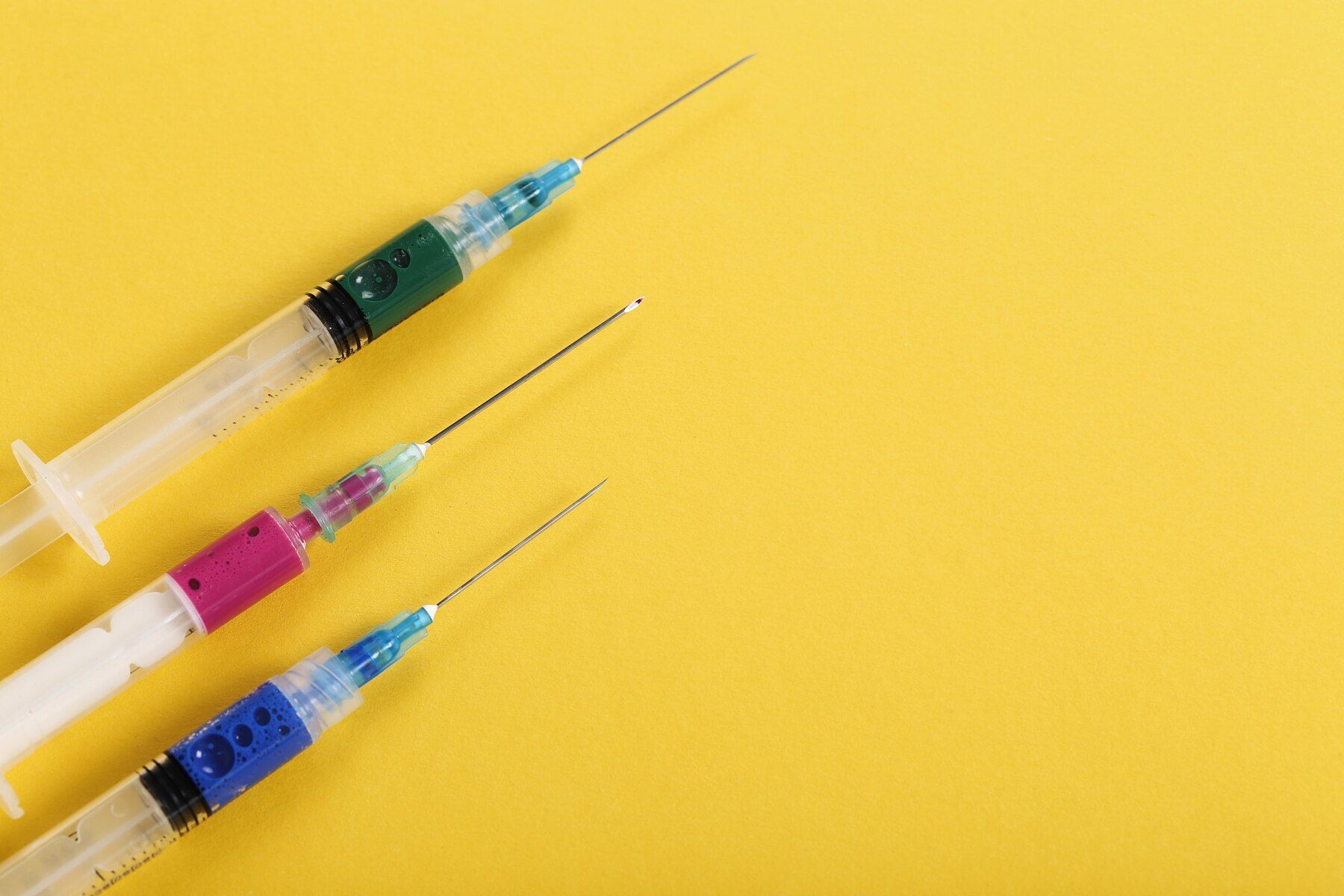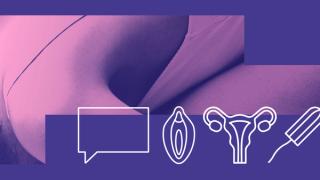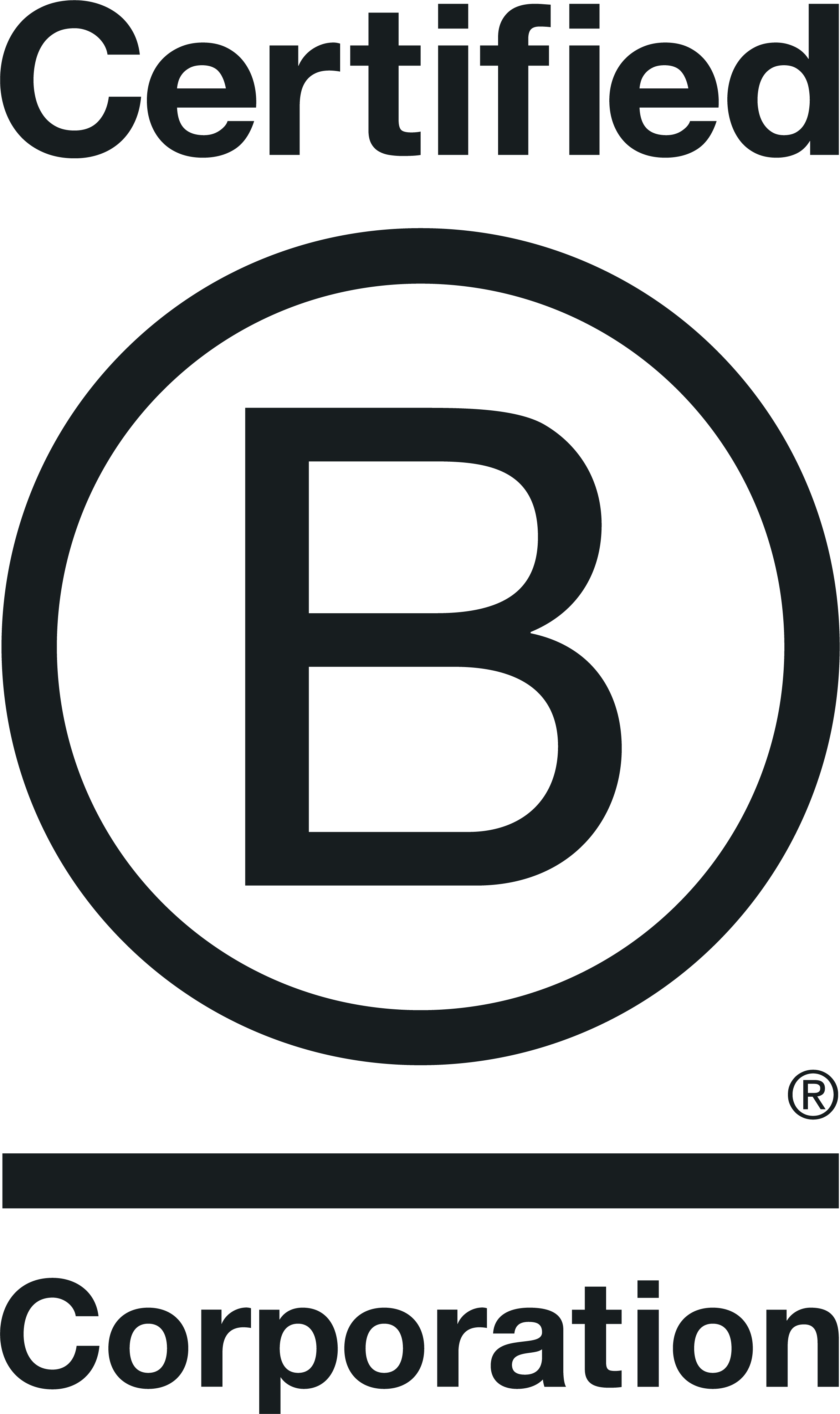WIRED Health brings together the most innovative disruptors, scientists, and practitioners who are shaping the future of healthcare. Once again this year, we were in attendance, immersing ourselves in discussions with industry leaders and engaging with like-minded attendees about the future of health.
There was a wealth of insight to be gained from this year’s event, particularly as new technologies emerge that can detect early signs of disease. These developments are pushing us closer to a preventative healthcare model—one that reduces the burden of disease before it starts. Prevention was a central theme last year with influential voices like Wes Streeting outlining his health ambitions for the country. We've now started to see these ambitions come to life, including the continued consolidation of the NHS. It makes logical sense then, that this year was more focused on the methods by which we might use technology (and, to an extent, lifestyle) to help prevent disease.
"Is it better or worse for us to know what might lie ahead?"
AI was another dominant theme, with continued investment in groundbreaking technologies that provide both medical professionals and the general public with a deeper understanding of their health, and in some cases, a glimpse of their future health. However, this brings up a significant debate: Is it better or worse for us to know what might lie ahead? Do we really want to know? What are the psychological effects of understanding our health future?
With these advancements already on the market and continuing to evolve, the challenge becomes: how do we responsibly communicate this newfound knowledge? As health brands, how do we educate and prepare people to understand their health at a granular level? Do we need to share everything we know about individuals, or is there a line to be drawn in terms of transparency for the sake of mental health? The moral and ethical implications are complex, but the potential for empowerment is enormous.
This psychological aspect—specifically, the placebo effect—was highlighted by one speaker, Dr. Suzanne O'Sullivan, a Consultant Neurologist with the NHS. She shared the story of a mother, whose parent had Huntington’s Disease, and how her fear of inheriting it led her to project symptoms onto herself over the years. The anxiety of potentially passing on the disease to her own children became so intense that she convinced herself she had it—only to discover later that she didn’t. This serves as a stark reminder of the power of knowledge (and fear), and what happens when we extrapolate this psychology across entire populations.
Throughout the event, AI returned over and over as a common thread in almost every session. Reid Hoffman encouraged those still unsure of AI's potential to think more creatively about its applications. Companies like Proximie are using AI to help surgeons make more informed decisions in the operating room, while Prenuvo is utilizing AI to analyse whole-body MRI scans to detect early signs of diseases like pancreatic cancer. And we’re now on the cusp of creating bespoke cancer vaccines, all thanks to AI. The possibilities are incredible.
"We’re now on the cusp of creating bespoke cancer vaccines, all thanks to AI"
Amid all the tech talk, a refreshing perspective came from Kasley Killam, a Harvard-trained social scientist and award-winning innovator. She spoke about the importance of social health as an often overlooked dimension of wellbeing. She defined social health as the connections we have with others. While physical health pertains to our bodies and mental health to our minds, social health is about our relationships. Kasley’s suggestion that a "prescription of a friend" might be just as beneficial as medication may seem unconventional, but it’s a reminder that human connection has been fundamental to our emotional health long before the rise of technology.
From a brand and communications standpoint, we are faced with many of the same challenges we’ve encountered over the past few years. In the UK, most of these companies are private, with the NHS trailing behind in health tech. So, how do we build trust in this new, more privatised healthcare landscape? How can design companies help vet and promote those with genuine intentions, while steering clear of those with questionable motives? How do we ensure seamless customer experiences across different platforms? And, perhaps most importantly, how do we bring the public along on this journey of transformation?
"Health brands are stepping into a complex and nuanced realm of responsibility with unprecedented access to personal health data."
We’re in uncharted territory. We don’t know how much or how little is ‘good for us’. Health brands are stepping into a complex and nuanced realm of responsibility with unprecedented access to personal health data. The isn’t just understanding basic health indicators (like the heart rate on an Apple Watch)—it’s about managing life-altering information that could fundamentally change someone’s choices and actions. And sometimes, we may not even fully understand the implications of that information ourselves.
In the end, the future of healthcare is full of promise, but there are an increasing number of moral and ethical questions we’ll need to respond to as we move forward.




